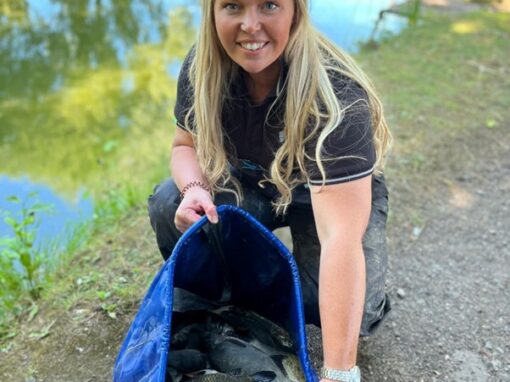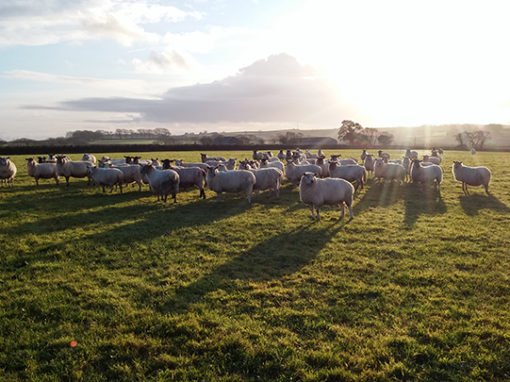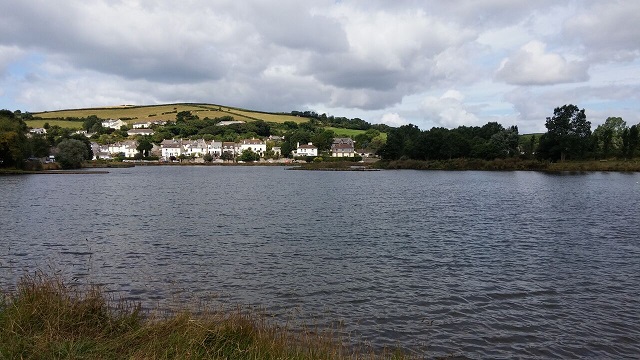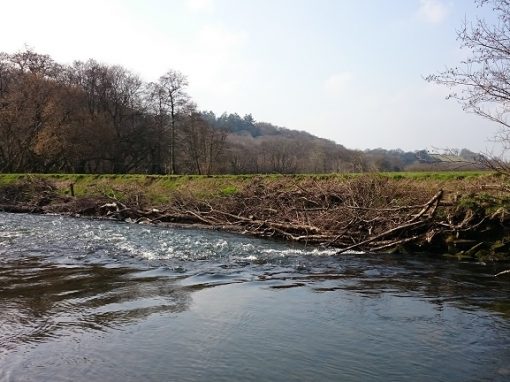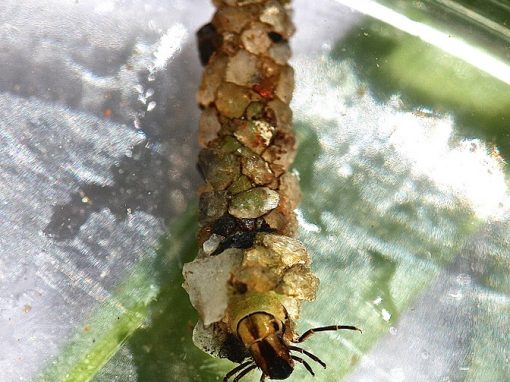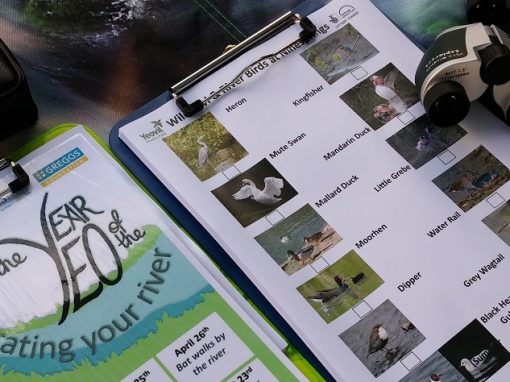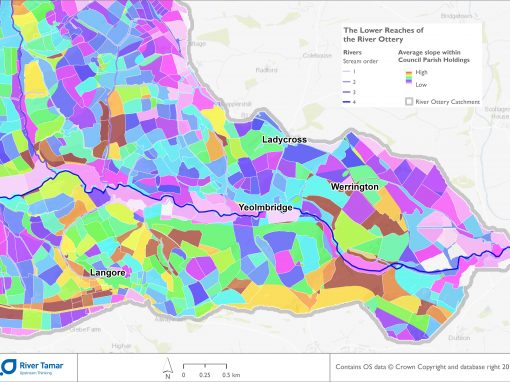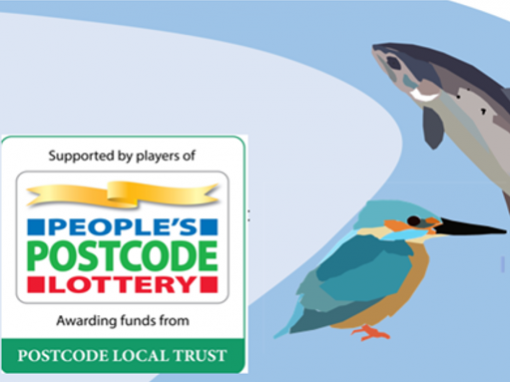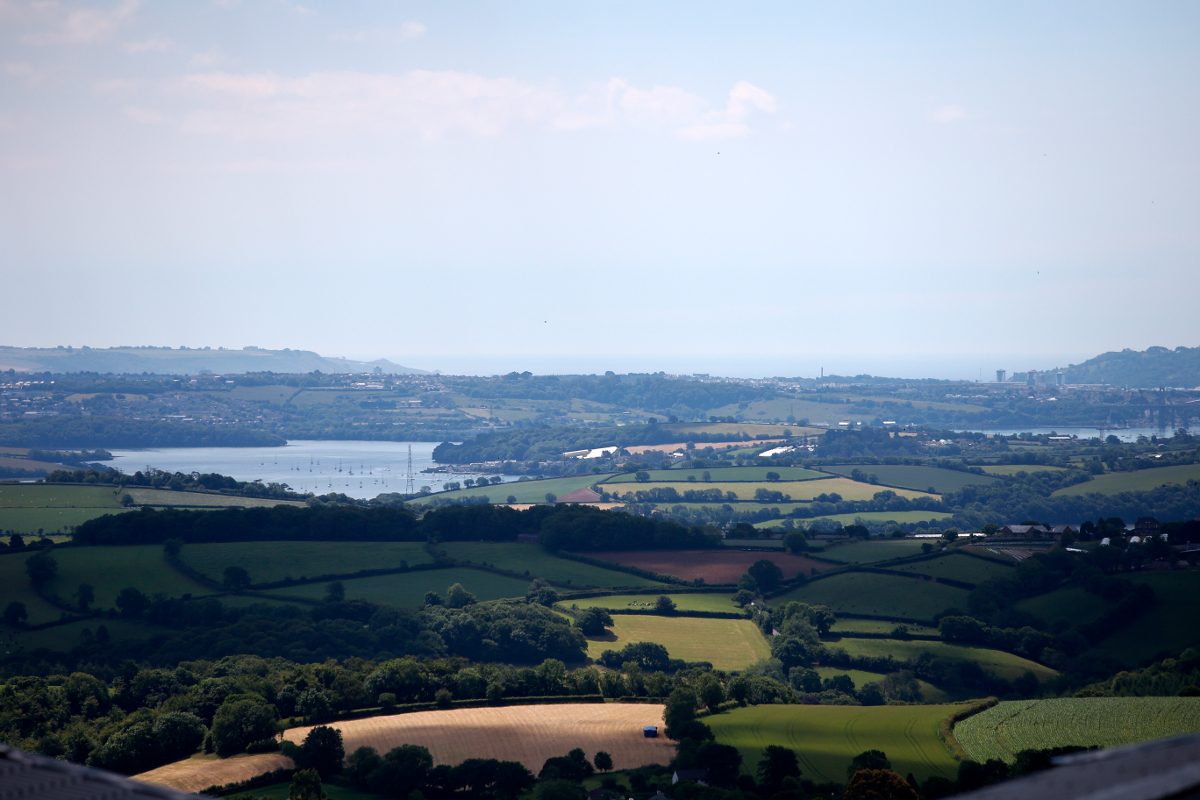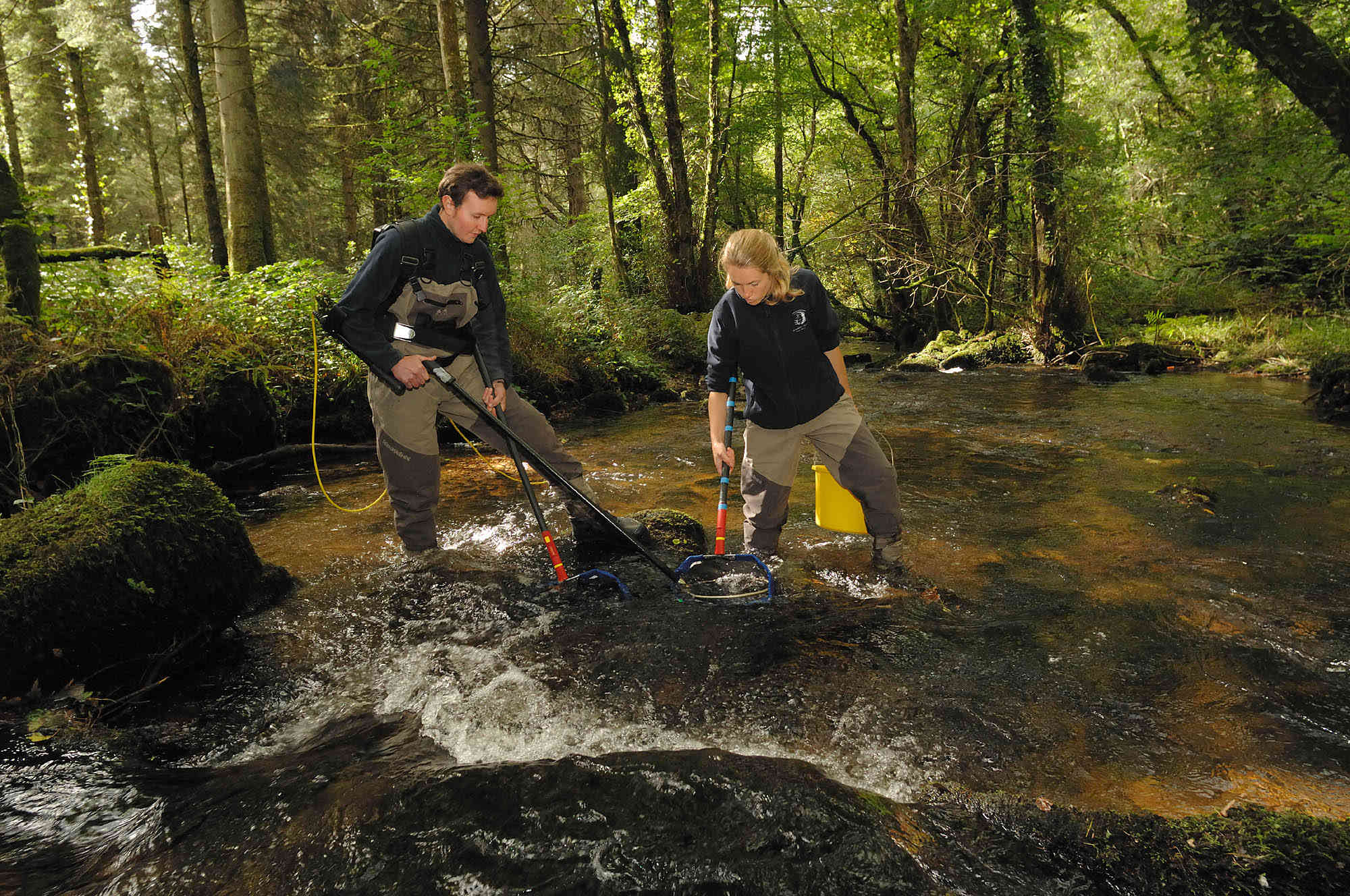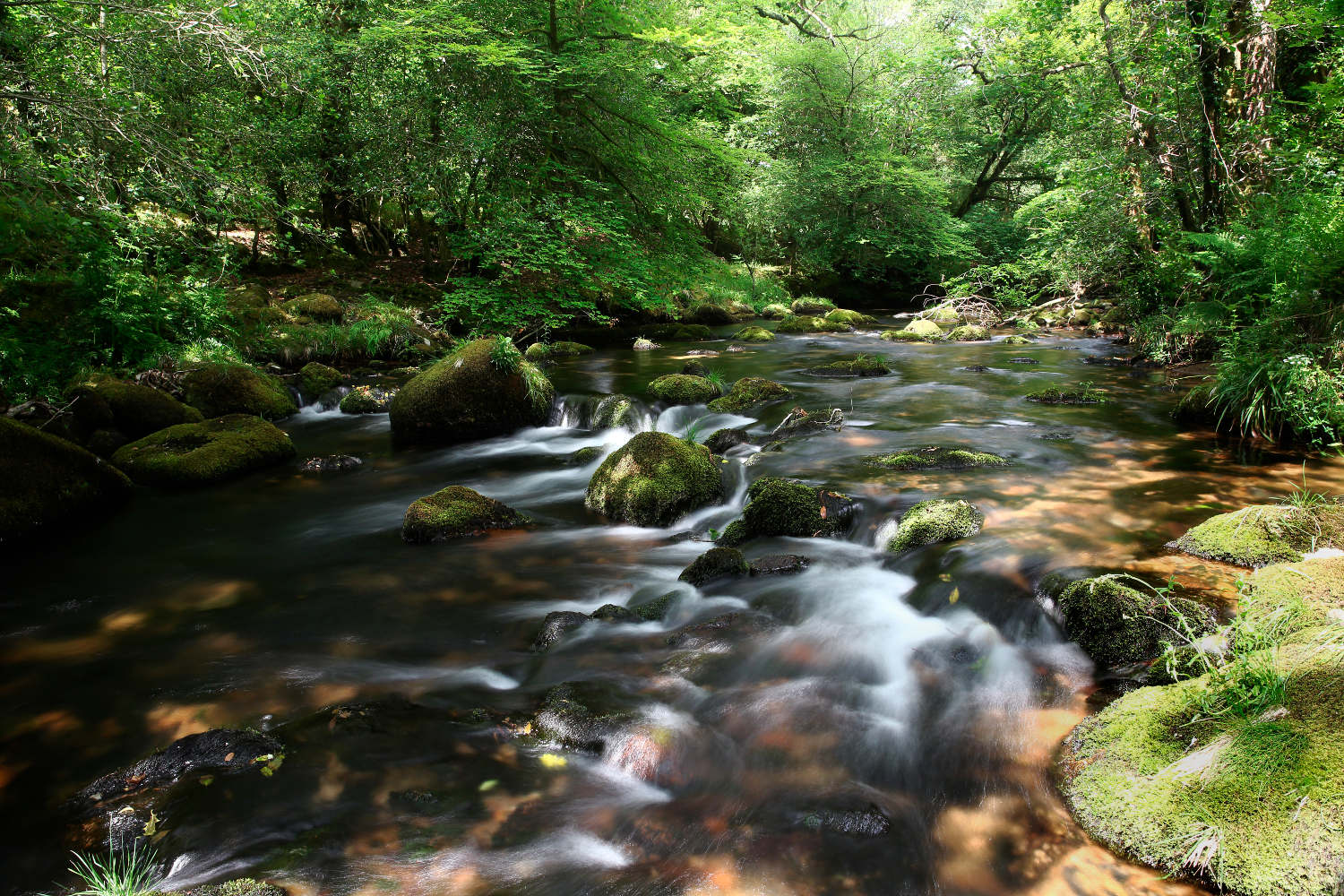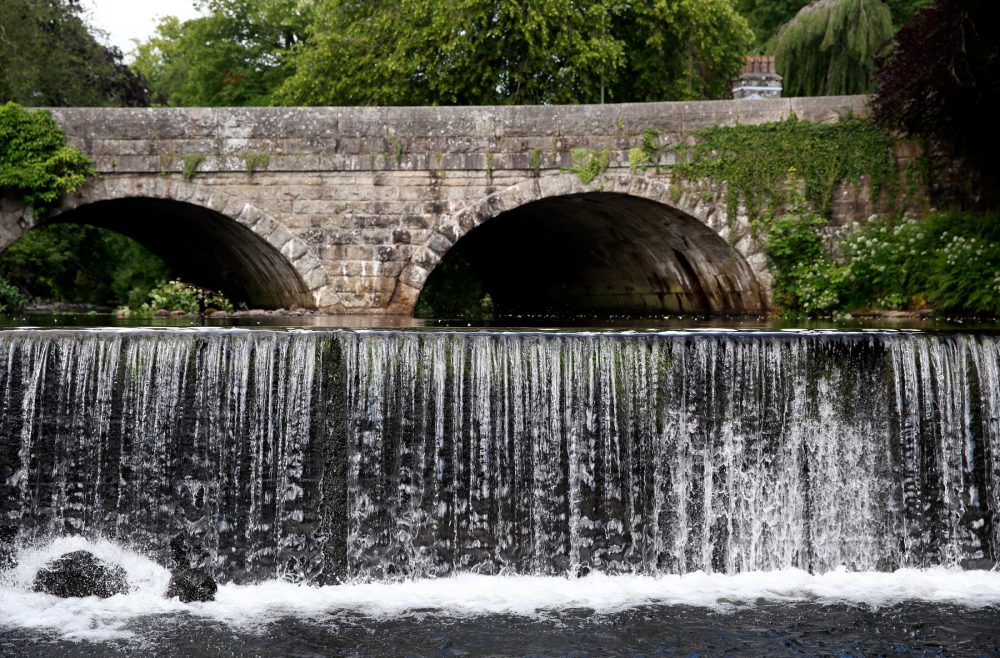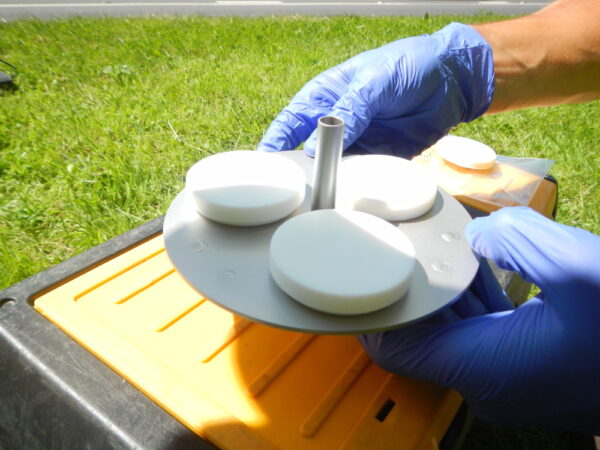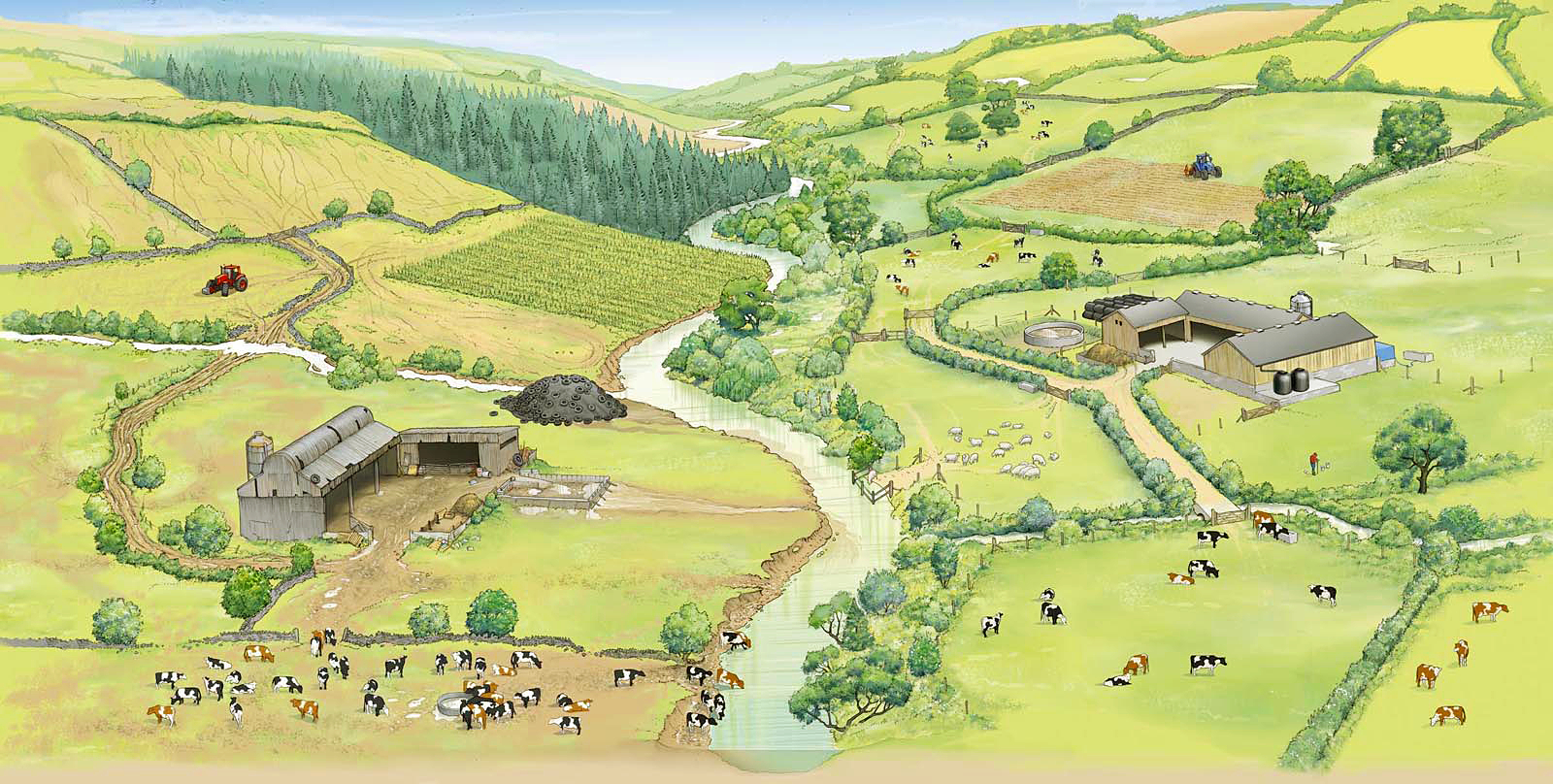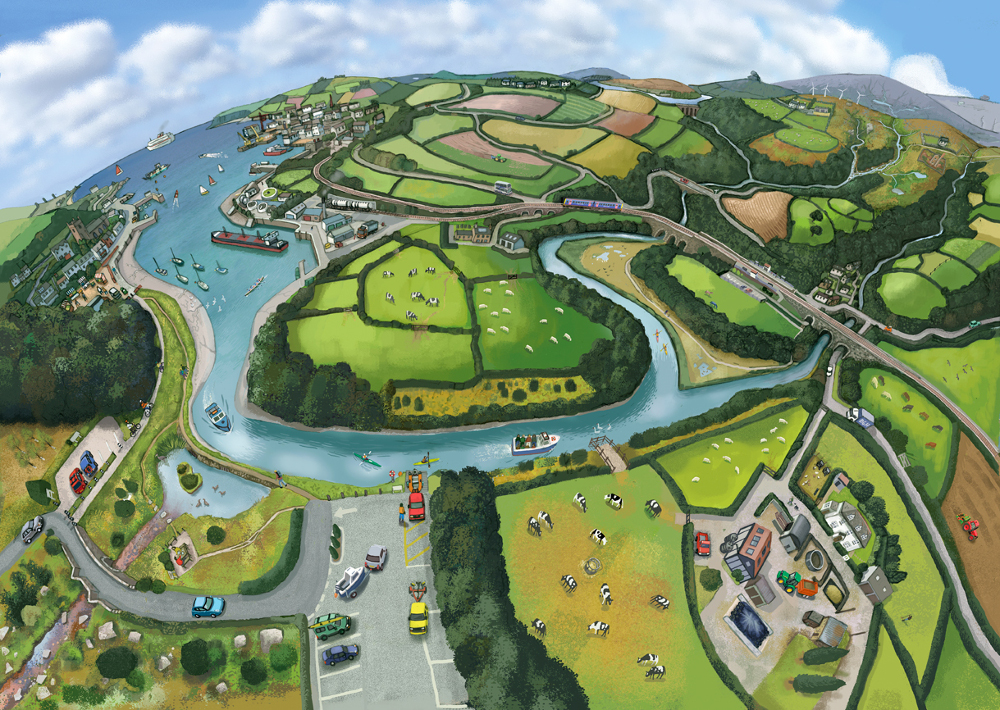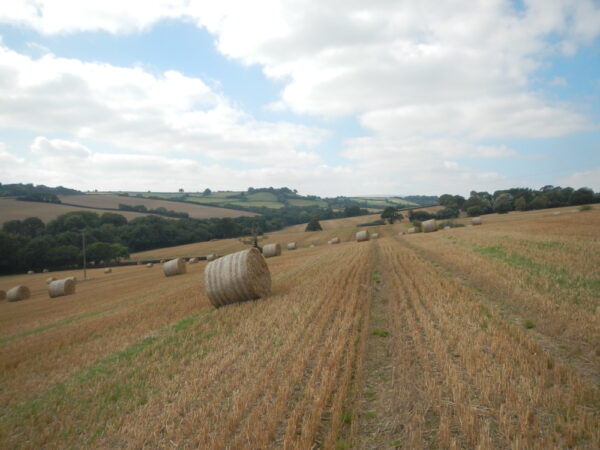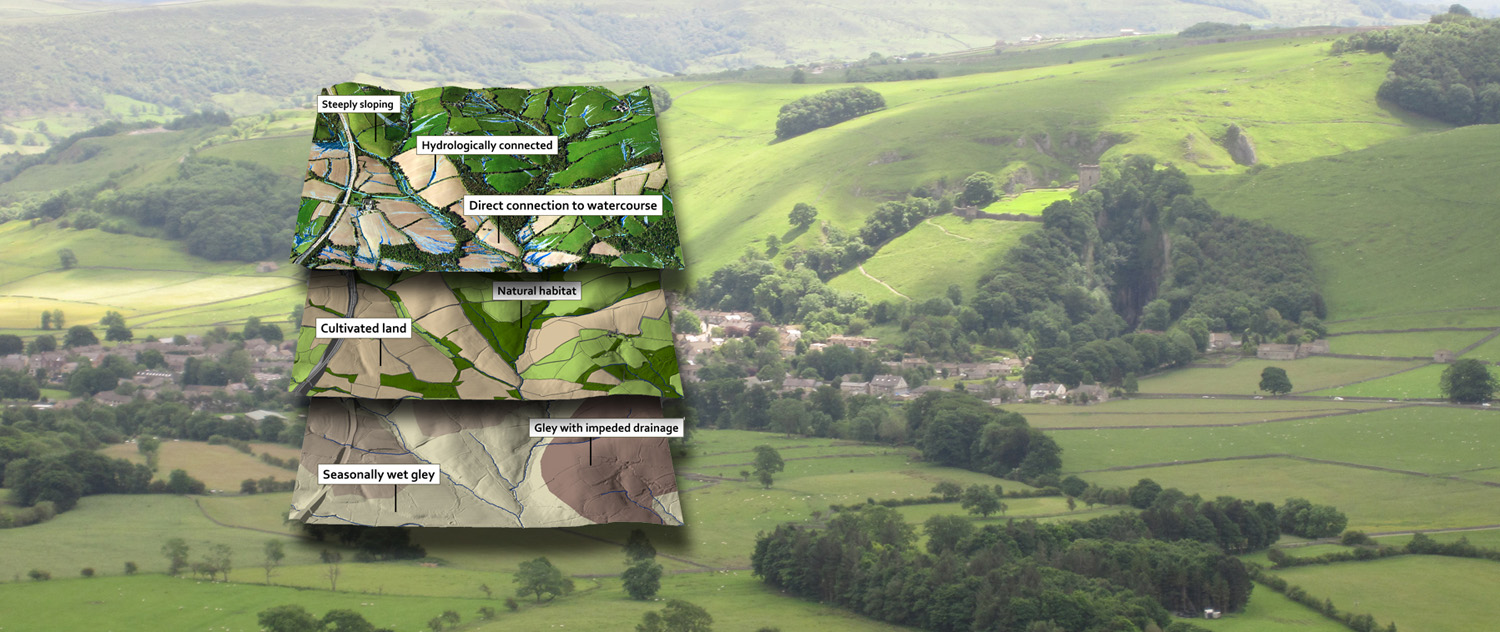All activity within in a catchment has the potential to impact the functioning of our water courses. By coming together and coordinating management plans within the catchment, it is possible to work sustainably and maximise the benefits for all. In recent years it has been increasingly recognised that improving the health of our ecosystems and enhancing the delivery of the ecosystem services they can provide should not only be the responsibility of the public sector, but also the private sector, the third sector (charities and voluntary bodies) and local stakeholders.
Defra has divided England into a number of sub-regional catchments. The South Devon catchment include the rivers Erme, Avon, Dart and Teign. This is a large and diverse set of catchments, containing a wealth of protected areas and beautiful landscapes, of significance for their wildlife, history, archaeology and geology. The catchment is also home to significant agricultural activity, a range of coastal and inland towns and communities, and is popular and important for tourism.
As a society, we place numerous societal and economic demands on the landscapes around us which put strain on our catchments ability to provide the crucial services on which we rely – clean water, food production, protection from flood and drought and places to live and enjoy recreation. The Catchment Based Approach aims to bring people together to understand and address these competing demands.
The partnership is hosted jointly between the Westcountry Rivers Trust and the South Hams Area of Outstanding Natural Beauty.
Ultimately, the Catchment Based Approach is about the community coming together to work out what they want from the catchment so they can make better decisions about how to fund and manage shared resources more sustainably in the long term.

Find out whats happening in South Devon
Other Data & Evidence Activities
